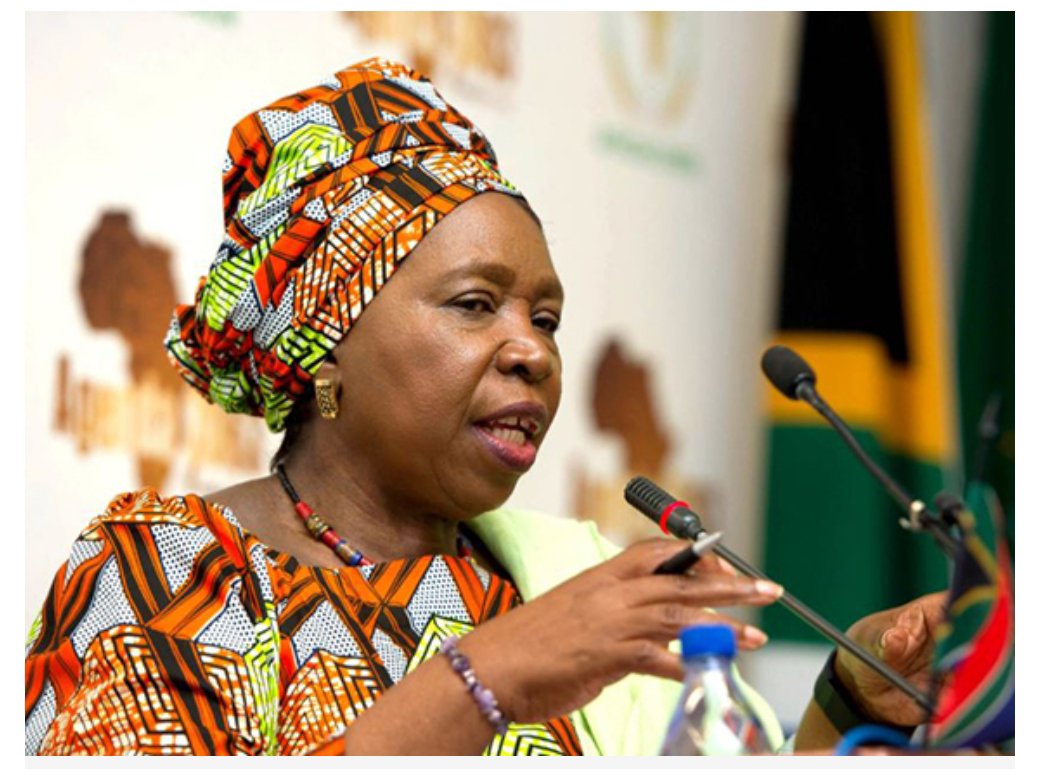Uncategorized
Time to End South Africa’s state of disaster — What Should Replace it
A group of reputed South African health experts believes it is time for the country’s state of disaster to come to an end and has proposed an alternative approach to managing the Covid-19 pandemic. In recent weeks, civil society and business leaders in South Africa have increasingly called for the state of disaster to be lifted to help speed up the economy’s recovery from the pandemic.
In recent weeks, civil society and business leaders in South Africa have increasingly called for the state of disaster to be lifted to help speed up the economy’s recovery from the pandemic.
Among them, Afriforum and its parent body Solidarity have threatened to challenge the continued implementation of the legislation, which gives the government sweeping powers to make new laws without first going through Parliament.
An increasing number of health experts, who are the most knowledgeable on an effective response to Covid-19, are now adding their voices to the call.
In an interview with Talk 702, Wits vaccinology professor Shabir Madhi said that Covid-19 regulations were currently creating more disruption than the pandemic itself.
Madhi said that experts no longer expected the country’s healthcare facilities could be overwhelmed by Covid-19.
“Covid-19, during the course of 2022, is unlikely to cause more deaths than would have occurred before the pandemic in relation to seasonal influenza [flu] and much less than the 58,000 people that still die of tuberculosis,” Madhi stated.
Madhi and five other health experts, including professor Francois Venter from the Wits reproductive health and HIV institute and Marc Mendelson, the head of infectious diseases and HIV medicine at the Groote Schuur hospital, also penned a collective opinion piece in The Daily Maverick calling for the end of the state of disaster.
“We are recommending a risk-adjusted approach where scarce resources are much more targeted and the negative consequences of increasingly irrelevant measures, best described as Covid theatre, are discarded,” the group stated.
“We see no reason for the continued use of this legislation, nor for the National Coronavirus Command Council.”
Among the changes they were proposing were the following:
- End all restrictions on outdoor activities, including forced mask-wearing
- End restrictions on indoor activities, but keep mask-wearing mandatory for scenarios like densely packed public transport
- End routine sanitising and fogging
- End routine temperature scanning and daily screening
- Stop all school restrictions, including rotational learning
- Stop testing asymptomatic patients in hospitals
- Stop routine testing mild and asymptomatic cases
- Stop PCR and antigen testing at borders
- End quarantine and contact tracing
- Shorten the isolation period of infected people to five days
- Stop curfews
- Stop preventing people from visiting loved ones in hospitals
- Adapt the vaccine rollout
- The group suggested an alternative approach that does not require “continued centralised, secretive, and unaccountable” decision-making.
They called for the government to be “single-mindedly focused” on the vaccine programme and protecting health facilities from the impact of large numbers of admissions.
To achieve this, they advocated for a radical change in the country’s vaccination programme, with a shift away from targeting 70% coverage for the entire adult population.
Instead, the vaccine drive should be focused on reaching in excess of 90% vaccine coverage in people over 50 years of age, in addition to providing booster shots to high-risk groups.
In addition, the EVDS registration criteria must be simplified, the private sector should be allowed to buy and distribute vaccines, and a door-to-door vaccination campaign must be initiated to reach more poor and undocumented people.
Regarding vaccine mandates, the group was in favour of them in specific scenarios, including for healthcare workers, educators, and for indoor gatherings of large groups.
While there were concerns that a new future variant could be more deadly, the group said the foundation of protection from severe disease, hospitalisation, and death was that the human immune response had been consistently exhibited across the three waves caused by the Beta, Delta and now Omicron dominant variants.
Most of the South African population now has some form of protection, including 75% via previous infection and around a third by vaccination.
